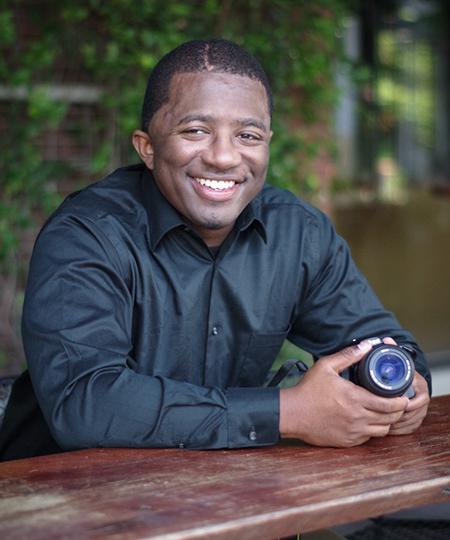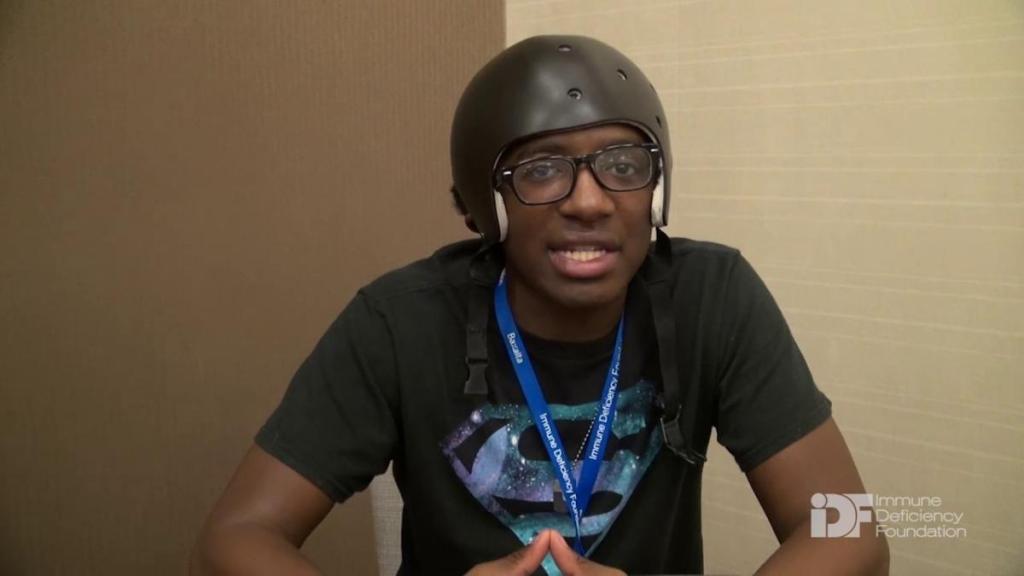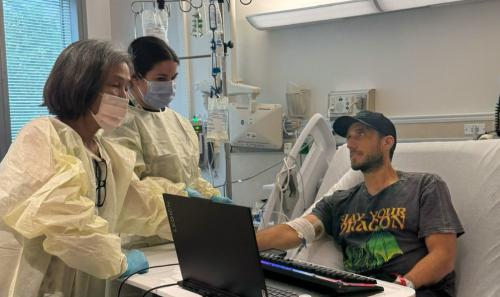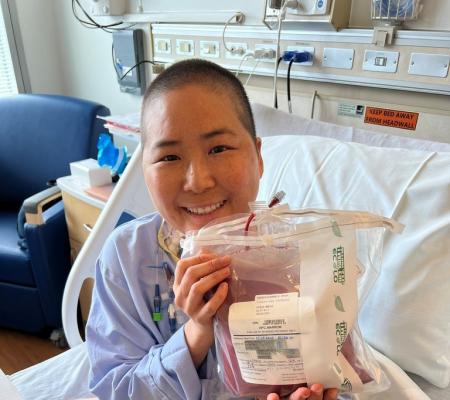
-
Understanding primary immunodeficiency (PI)

Understanding PI
The more you understand about primary immunodeficiency (PI), the better you can live with the disease or support others in your life with PI. Learn more about PI, including the various diagnoses and treatment options.
-
Living with PI
-
Addressing mental health
-
Explaining your diagnosis
- General care
- Get support
- For parents and guardians
-
Managing workplace issues
- Navigating insurance
-
Traveling safely

Living with PI
Living with primary immunodeficiency (PI) can be challenging, but you’re not alone—many people with PI lead full and active lives. With the right support and resources, you can, too.
-
Addressing mental health
-
Get involved

Get involved
Be a hero for those with PI. Change lives by promoting primary immunodeficiency (PI) awareness and taking action in your community through advocacy, donating, volunteering, or fundraising.
-
Advancing research and clinical care
-
Research Grant Program
-
Consulting immunologist
-
Diagnosing PI
-
Getting prior authorization
-
Clinician education
-
Survey research
-
Participating in clinical trials

Advancing research and clinical care
Whether you’re a clinician, researcher, or an individual with primary immunodeficiency (PI), IDF has resources to help you advance the field. Get details on surveys, grants, and clinical trials.
-
Research Grant Program
“The mind is a powerful tool in managing your health,” says Casey Warford. “I’m not suggesting you can simply wish away a health issue but your mindset plays a big role in shaping your attitude.”

Casey should know. He was diagnosed with Chronic Granulomatous Disease (CGD) at four months old. His diagnosis came about because he was not keeping food down and was running a persistent fever. Fate intervened when a visiting immunologist heard about the case and suspected CGD. She ran a nitroblue tetrazolium (NBT) test, a standard that can indicate CGD, and the results confirmed her suspicion. Doctors immediately started Casey on Bactrim, a powerful antibiotic, to protect him against bacterial infections. Although he improved, the infections were continuing and soon, his healthcare team added Actimmune to his drug regimen.
Over the years, Casey has certainly seen his share of challenges with his health. As a child, he contracted aspergillus from attending a rodeo. He has endured 42 surgeries to remove liver abscesses, lymph nodes, and amoebas. Still, he doesn’t allow his condition to leave him defeated or powerless. “Recovering from a medical setback isn’t easy, but I won’t let it impact the rest of my life either.” Asked how he deals with a chronic condition so positively, Casey shares his wisdom, “As important as they are, medicine, tests, and surgeries are not the only tools I have available. A supportive family and a prayer—these quiet acts have healing powers as well.”
Casey’s last big scare was in 2015 during his sophomore year of college. He began having headaches, his first indication that something was wrong. As it turned out, Casey had multiple brain abscesses caused by the fungus Trichosporon inkin. He was in a coma for three days and spent two months in the hospital. When asked if he took the semester off, he shrugged off the question as if it was not even an option. He continued his schoolwork in the hospital and graduated on time in 2017. However, that was also what he describes as his “aha” moment. Like most college students, he was enjoying his first taste of freedom and not managing his drug schedule closely. Skipping medication can lead to serious complications, especially for conditions that are managed day-to-day like primary immunodeficiencies. Since then, he follows his medication routine closely. After receiving his bachelor’s degree, Casey went on to obtain a Master’s Degree in Communication Arts. These days, he works at his church and serves as a peer mentor for others with chronic conditions.
Casey explains that CGD has taught him what is important in life. “When managing a chronic condition such as CGD, one dangerous pattern is choosing to focus on everything that’s going wrong in your life instead of looking at what’s going right,” concludes Casey. “With faith and family on my side, how can I go wrong?”

Related resources

Man with X-linked hyper IgM first-ever to receive novel gene therapy

Pharmacist with CVID receives bone marrow transplant

Undiagnosed: Reuben & Sherri Johnson on CGD, chronic illness, and the fight for healthcare
Sign up for updates from IDF
Receive news and helpful resources to your cell phone or inbox. You can change or cancel your subscription at any time.





The Immune Deficiency Foundation improves the diagnosis, treatment, and quality of life for every person affected by primary immunodeficiency.
We foster a community that is connected, engaged, and empowered through advocacy, education, and research.
Combined Charity Campaign | CFC# 66309

